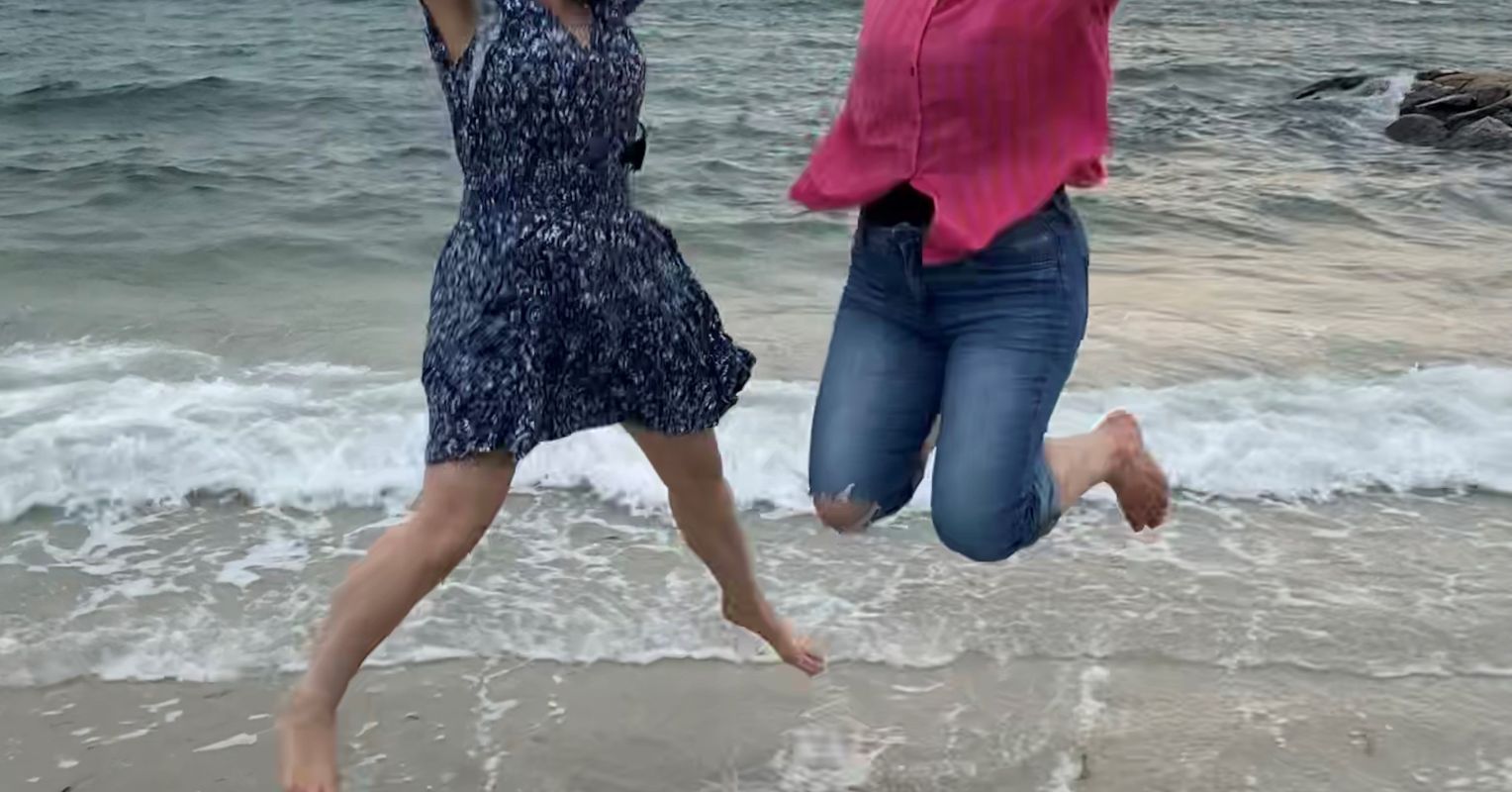
"Love and support often characterize families, and they characterize how siblings get along, according to our research (see Adult Sibling Relationships, Columbia University Press). But resentment, miscommunication, and maladaptive family interaction patterns handed down from one generation to the next also characterize some families. History may be prologued. Those patterns are often reified in the present. They live on as family and personal narratives, and they affect and infect future generations."
"People often seek therapy to take corrective action, to stop the emotional bleeding. They want to repair damage, like taking their old car to the body shop for a new chassis. I typically receive calls from people who want to sort out their relationship with a distant brother or sister; they are seeking closeness but with a new frame for the painting, sometimes even with a more complete restoration."
Many adults manage to get along with siblings by adulthood, while many do not. Love, support, caring, and friendship characterize many sibling relationships, with two-thirds reporting closeness to at least one sibling and almost half calling a sibling one of their best friends. Resentment, miscommunication, and maladaptive interaction patterns can persist across generations, shaping family narratives and affecting future generations. Some people seek therapy to repair damage and restore relationships; repairs are possible with reasonable expectations, attention, and an appreciation for affection, ambivalence, and ambiguity. Ambivalence and ambiguity are normal and need not prevent functional sibling relationships.
Read at Psychology Today
Unable to calculate read time
Collection
[
|
...
]